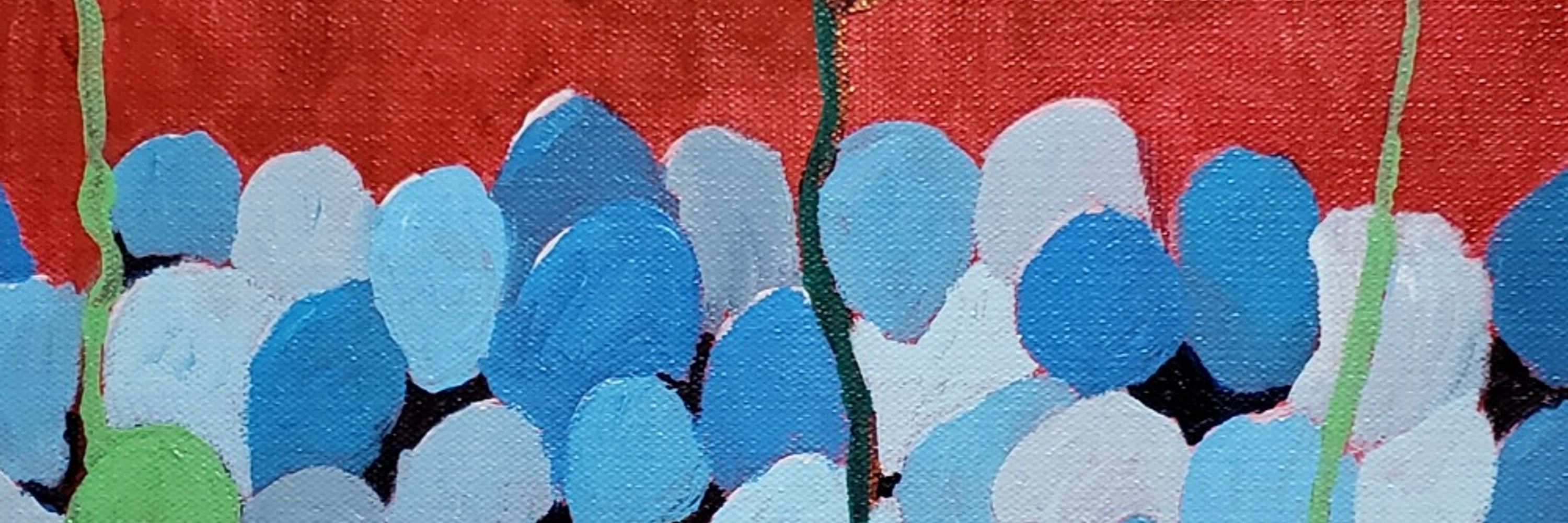
www.nature.com/articles/s42...

www.nature.com/articles/s42...
Satellite meetings are where it's at. 3 over 3 days was a little intense. But smaller meetings are more fun. Enjoy SfN everyone!
Satellite meetings are where it's at. 3 over 3 days was a little intense. But smaller meetings are more fun. Enjoy SfN everyone!
#AI #ArtificialIntelligence #LLMs #ChatGPT #NeuralNetwork #DataCenter

Until we can rigorously define what computations are occurring in the brain, we can't make any real progress in our functional understanding. We need constraints. 🧠🤖🧪
Until we can rigorously define what computations are occurring in the brain, we can't make any real progress in our functional understanding. We need constraints. 🧠🤖🧪
💯💯💯
But we really have to stop coming up with systems (bio or inorganic) that are a few thousand neurons and claiming wins. AI models have BILLIONS of neurons. GPUs are quite efficient for the models they run 🤖🧠🧪

But we really have to stop coming up with systems (bio or inorganic) that are a few thousand neurons and claiming wins. AI models have BILLIONS of neurons. GPUs are quite efficient for the models they run 🤖🧠🧪
The annual SNUFA workshop is now open for abstract submission (deadline Sept 26) and (free) registration. This year's speakers include Elisabetta Chicca, Jason Eshraghian, Tomoki Fukai, Chengcheng Huang, and... you?
snufa.net/2025/
🤖🧠🧪
The annual SNUFA workshop is now open for abstract submission (deadline Sept 26) and (free) registration. This year's speakers include Elisabetta Chicca, Jason Eshraghian, Tomoki Fukai, Chengcheng Huang, and... you?
snufa.net/2025/
🤖🧠🧪
In this preprint I try to put some substance to that claim. There are real theoretical advantages, but they aren't obvious. 🧪🧠🤖 www.arxiv.org/abs/2507.17886

In this preprint I try to put some substance to that claim. There are real theoretical advantages, but they aren't obvious. 🧪🧠🤖 www.arxiv.org/abs/2507.17886
I think we need better "comp neuro for dummies" options, but there is a widely held view among engineers and computing people that neuroscientists obsess over details for no reason.
And no... I'm not interested in scaring them off with Kandel!
🧠🤖, 🧠📈
I think we need better "comp neuro for dummies" options, but there is a widely held view among engineers and computing people that neuroscientists obsess over details for no reason.
If you want me to review a paper, give me a form with two entries: comments for authors, optional comments for editor. Maybe (maybe) ask for accept/revise/reject recommendation, but that is really your job.
Please don't ask me to answer 12!!! separate questions... 🧪
If you want me to review a paper, give me a form with two entries: comments for authors, optional comments for editor. Maybe (maybe) ask for accept/revise/reject recommendation, but that is really your job.
Please don't ask me to answer 12!!! separate questions... 🧪
I see why this is good for Nvidia. But why would this be considered good for anyone else?

I see why this is good for Nvidia. But why would this be considered good for anyone else?
As part of this event, last night we demo'd neuromorphic and its potential impact on ModSim and #NeuroAI at the US Senate!

As part of this event, last night we demo'd neuromorphic and its potential impact on ModSim and #NeuroAI at the US Senate!
And I used to live in some pretty dysfunctional states that could even mange this.
And I used to live in some pretty dysfunctional states that could even mange this.
On the other hand, I'm not convinced we (as neuroscientists) know the right questions to ask.
Any parts of the field you see not well-represented yet in the perspective literature?
On the other hand, I'm not convinced we (as neuroscientists) know the right questions to ask.
If you don't want to think about the brain, don't study it
If you don't want to think about the brain, don't study it
arxiv.org/abs/2501.10526
This opens up some exciting new doors for brain-like algorithms! 🧪🧠🤖
#NeuroAI #Neuromorphic

arxiv.org/abs/2501.10526
This opens up some exciting new doors for brain-like algorithms! 🧪🧠🤖
#NeuroAI #Neuromorphic
oir.nih.gov/wals/2024-20...
oir.nih.gov/wals/2024-20...
rdcu.be/d7atq
Neuromorphic hardware is ready for prime time. There are things to keep advancing, but I think the bigger opportunities lie in how we use it!

rdcu.be/d7atq
Neuromorphic hardware is ready for prime time. There are things to keep advancing, but I think the bigger opportunities lie in how we use it!

